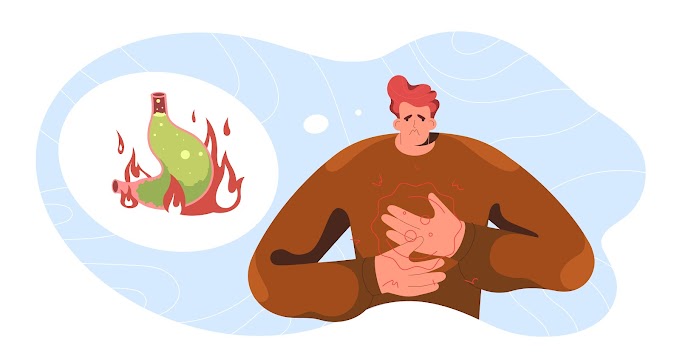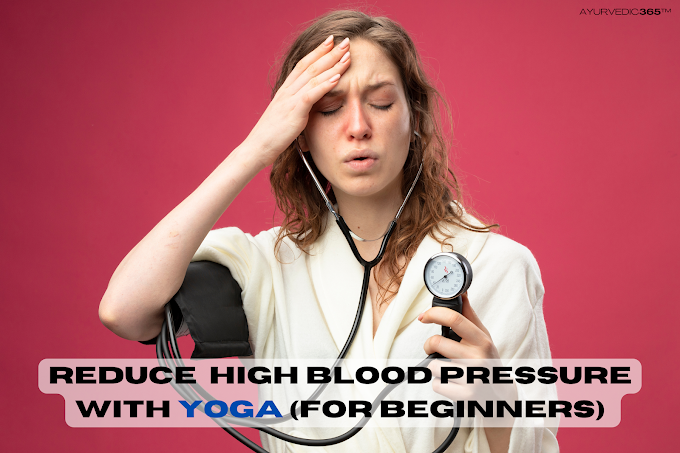----
PHOTOGRAPHY BY MARCO VERCH (wuestenigel)
Introduction
Varicose veins are a common condition that affects people, especially as they age. These swollen and twisted veins, often seen in the legs, can be painful and aesthetically concerning. While modern medicine offers various treatments, Ayurveda, the ancient Indian system of medicine, offers holistic and natural approaches to alleviate the symptoms of varicose veins. In this blog, we'll explore Ayurvedic treatments and remedies for varicose veins, focusing on natural healing and relief.
Understanding Varicose Veins
Varicose veins occur when the veins become enlarged, dilated, and twisted due to damaged or weakened valves within the veins. This condition typically affects the legs, where blood flow against gravity is challenging. Symptoms of varicose veins include pain, heaviness, itching, and visible, protruding veins.
Ayurvedic Principles for Varicose Veins Treatment
Pitta Pacification: Ayurveda recognizes three doshas - Vata, Pitta, and Kapha - and often, varicose veins are associated with imbalances in the Pitta dosha. Ayurvedic treatment aims to pacify Pitta through dietary and lifestyle changes.
Herbal Remedies: Ayurvedic practitioners often recommend herbal remedies to strengthen the blood vessels and improve circulation. Herbs like Gotu Kola, Guggulu, and Triphala may be included in treatments.
Dietary Modifications:
· Ayurveda emphasizes dietary choices that cool the body and reduce inflammation. This includes incorporating foods like leafy greens, cucumber, and mint while avoiding spicy, hot, and fried foods.
· Consume a diet rich in fibre to promote healthy digestion and regular bowel movements.
· Reduce your intake of processed foods, refined sugars, and unhealthy fats.
Lifestyle Adjustments:
· Ayurvedic lifestyle changes may involve regular exercise, yoga poses promoting circulation (like Sarvangasana and Viparita Karani), and maintaining a balanced routine.
· Whenever possible, elevate your legs above heart level for 15-20 minutes a few times a day to reduce swelling and improve blood flow.
· Performing low-impact exercises like walking, swimming, or yoga. These activities can help improve circulation and strengthen leg muscles.
· If your job requires prolonged periods of sitting or standing, try to take short breaks to walk around and stretch your legs.
· Avoid high heels and avoid crossing your legs
Abhyanga (Oil Massage):
· Regular self-massage with cooling oils like coconut, sesame or brahmi oils can help improve blood circulation and reduce pain associated with varicose veins.
· Always massage towards the heart.
Compression Garments:
· Ayurvedic practitioners may suggest wearing compression stockings to improve blood flow and reduce swelling. Especially if you're at the risk of varicose veins
Detoxification:
· Ayurveda often includes detoxification practices, such as Panchakarma, to eliminate toxins from the body and promote overall health.
Hydration:
· Staying well-hydrated is essential in Ayurvedic treatment to keep the blood thin and prevent clot formation.
Ayurvedic Herbs for Varicose Veins
Gotu Kola (Centella asiatica): Known as "Brahmi" in Ayurveda, Gotu Kola is a powerful herb that strengthens blood vessels, improves blood flow, and reduces inflammation.
Guggulu (Commiphora wightii): Guggulu is traditionally used to support healthy circulation and reduce inflammation, making it beneficial for varicose veins.
Triphala: This herbal blend of three fruits - Amalaki, Bibhitaki, and Haritaki - aids digestion and detoxification, promoting overall vascular health.
Ashwagandha (Withania somnifera): Ashwagandha helps reduce stress and cortisol levels, which can contribute to varicose vein development.
Aloe Vera: The cooling and anti-inflammatory properties of Aloe Vera can provide relief from pain and discomfort associated with varicose veins. Apply a paste made from neem leaves or aloe vera gel on the affected area to reduce inflammation and discomfort.
Conclusion
Ayurveda offers a holistic approach to the treatment of varicose veins, focusing on balancing the body's doshas, improving circulation, and reducing inflammation. While Ayurvedic treatments can be effective, it's essential to consult with a qualified Ayurvedic practitioner who can tailor a treatment plan to your specific needs. Combining Ayurvedic remedies with a healthy lifestyle and proper medical guidance can offer relief and improve the overall health of individuals dealing with varicose veins.









Please do not enter any spam link in the comment box.